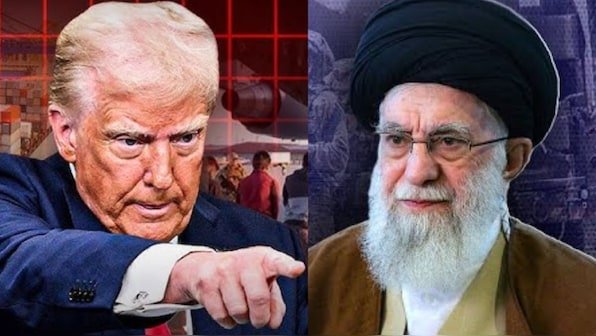
Almost seven years ago, President Donald Trump unilaterally withdrew the United States from the Iran nuclear deal—formally known as the Joint Comprehensive Plan of Action (JCPOA)—which had been brokered in 2015 under President Barack Obama after years of negotiations with global powers—including the EU, Russia, and China—had eased sanctions on Iran in exchange for strict limits and oversight on its nuclear program.
Trump, however, condemned the pact as deeply flawed, calling it “one of the worst and most one-sided transactions” the US had entered into. He argued that while the deal may have curbed Iran’s nuclear ambitions temporarily, it failed to address Tehran’s broader destabilising activities in the region, including support for proxy militant groups.
Rejecting the JCPOA, Trump reinstated harsh sanctions that had previously been lifted, contending that a tougher approach was necessary to prevent Iran from developing nuclear weapons. He justified the move by warning that inaction would allow Iran, which he labelled “the world’s leading state sponsor of terror,” to edge closer to developing nuclear weapons.
Now, American and Iranian officials are set to engage in a rare round of high-level talks this weekend in Muscat, Oman amid heightened regional tensions and renewed concerns over Iran’s nuclear ambitions. The meeting, led by President Donald Trump’s special envoy Steve Witkoff, is said to be a renewed diplomatic effort during Trump’s second term — even as military options remain on the table.
Content retrieved from: https://www.firstpost.com/world/will-trump-manage-to-fix-the-iran-deal-that-he-broke-13879163.html.




